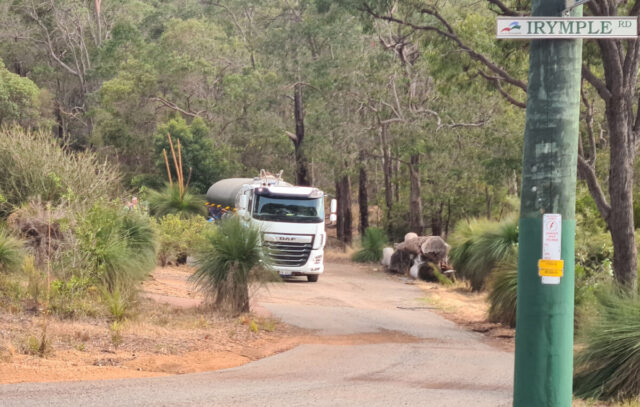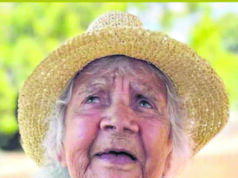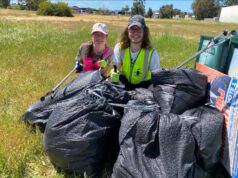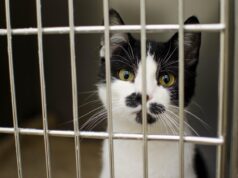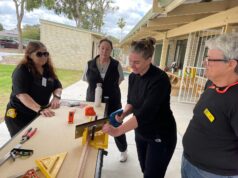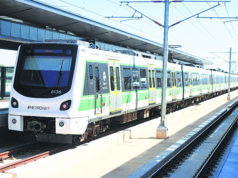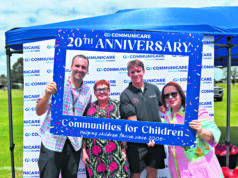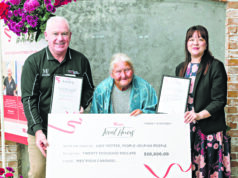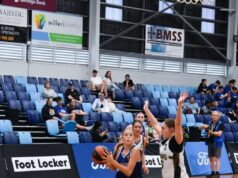The hills community has clocked up a ‘real win’ in the war against water bottlers.
‘Real-time’ monitoring of bores used by commercial water bottlers will be publicly available on interactive maps ‘within weeks’, the Water Minister announced on Friday.
Last month The Examiner published that there’d been a state-wide groundswell of anger after a local campaign brought to light that beverage giant Coca Cola Europacific Partners has been carting truckloads of precious groundwater from Karragullen each week to fill its bottled water products, without any government oversight.
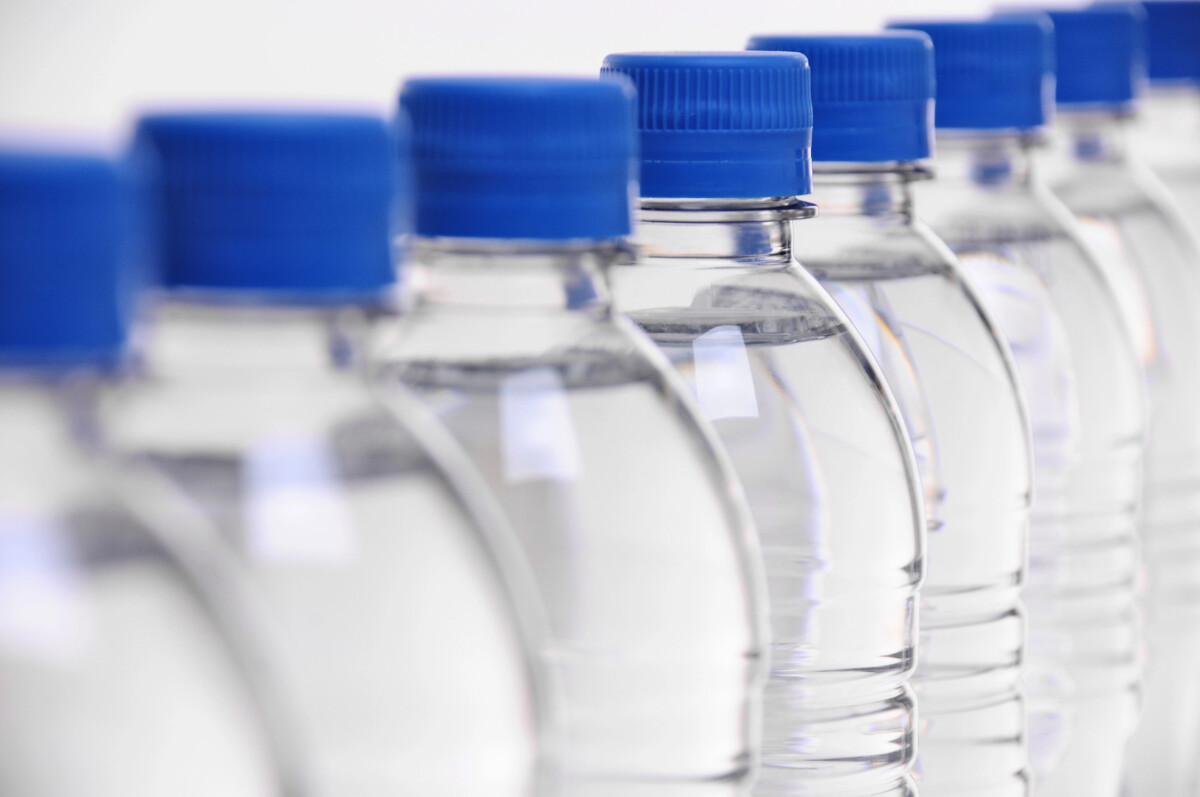
The practice has been going on for decades.
Coca Cola is legally permitted to do so, and they don’t have to pay for the privilege, because they’re operating out of an ‘unproclaimed’ area. Nearly all of the Perth Hills remain unproclaimed.
And Coca Cola is not alone – an impassioned group of hills locals have been collecting evidence of multiple bore sites in the Perth Hills which are used by bottlers for commercial gain, including a bore in Bedfordale used by Asahi (parent company of Schweppes), and one in Martin used by Aquaworks.
On Friday, Water Minister Simone McGurk said these bore sites, and others used by member companies of the Australian Beverage Council, will officially be put on the map.
Each of these bores on unproclaimed land will have a water meter installed. And the aggregated volume of water being extracted from each local government area will be made publicly available, as already happens in Queensland.
The Department of Water and Environmental Regulations will verify the information provided.
“So, we’re not just taking it at their word,” Ms McGurk said.
“It’s now more important than ever that we understand the value of water and manage our resources more carefully.”
After intense public pressure and ‘robust discussions’ with the state government, Coca Cola has also announced that it will be temporarily stopping its extraction from the Irymple Rd bore “on the basis that they’re coming off a particularly dry season”.
“Even they acknowledge that it is starting to have an impact on their monitoring of their particular extraction area,” Ms McGurk said.
But the minister stressed the pause was voluntary, and temporary.
A spokesperson for the Save Perth Hills Water group Meg Travers said that Coca Cola’s concession is merely “spin”, but they were “thrilled” the government had acted so quickly on this matter.
“Publicly-available monitoring is a real win,” she said.

“I think what the minister has achieved already is amazing. That talk with Coca Cola wouldn’t have been pleasant.
“And thank you everyone who has cared about this, posted comments, written letters, and sent petitions. This is definitely a win for people power.”
But she said there is a lot of work still to be done.
“What we would like to see is it stopped altogether,” she said.
“In the 30 years since licences and approvals were granted, the climate has changed. I don’t think anyone in WA – except for maybe Coca Cola employees – believes that taking that enormous amount of water out week by week, in a drying climate, is a good thing.”
According to the minister for water, the only practical way to put an end to commercial extraction by water bottlers, or at least charge them for this precious resource, is through legislative change.
“Short of proclaiming those areas, and then putting all sorts of conditions on everybody, including growers, we’re a little limited in what we can do,” Ms McGurk said.
And picking a path through that quagmire could take an age.

